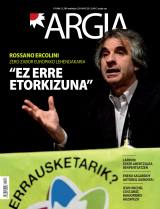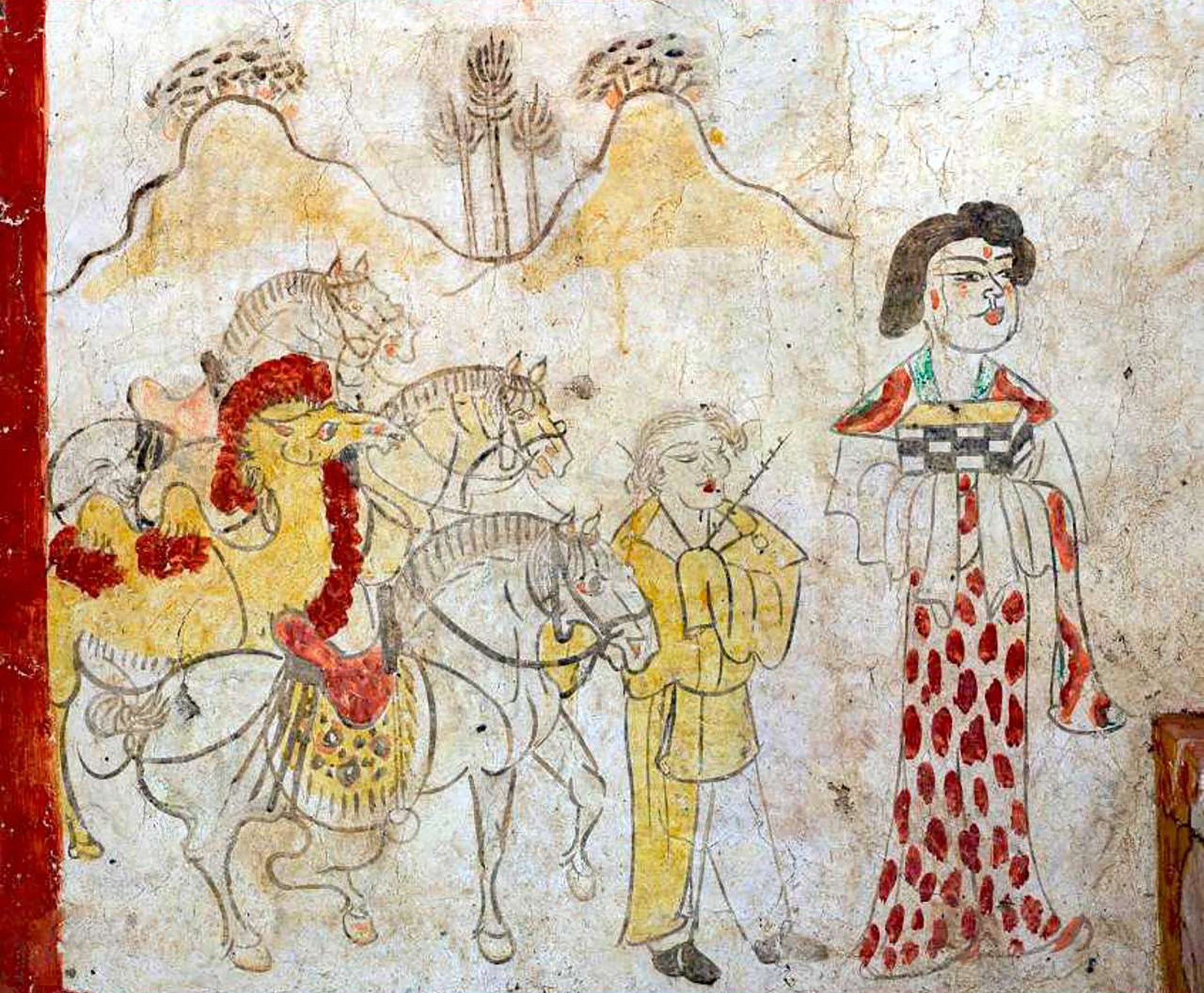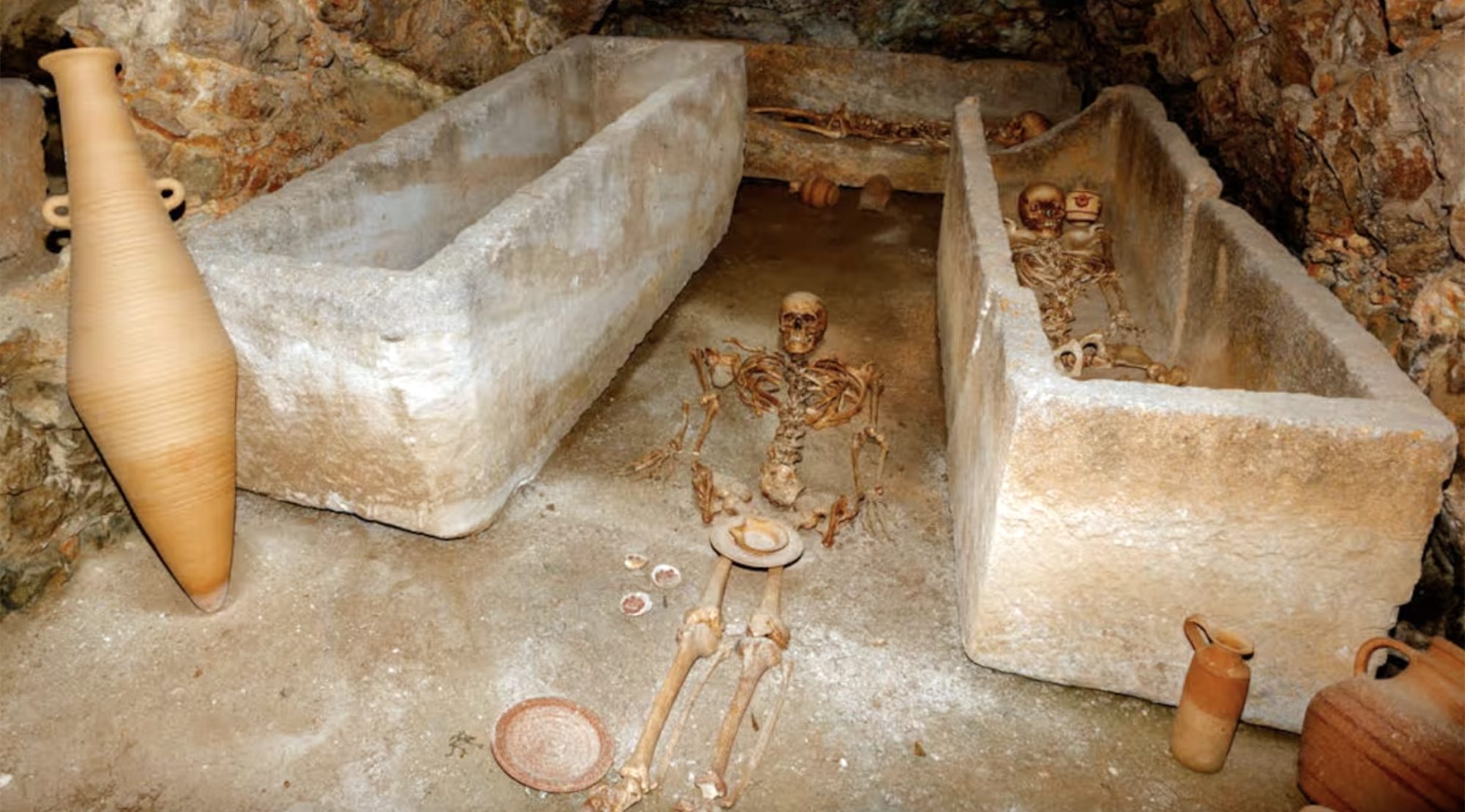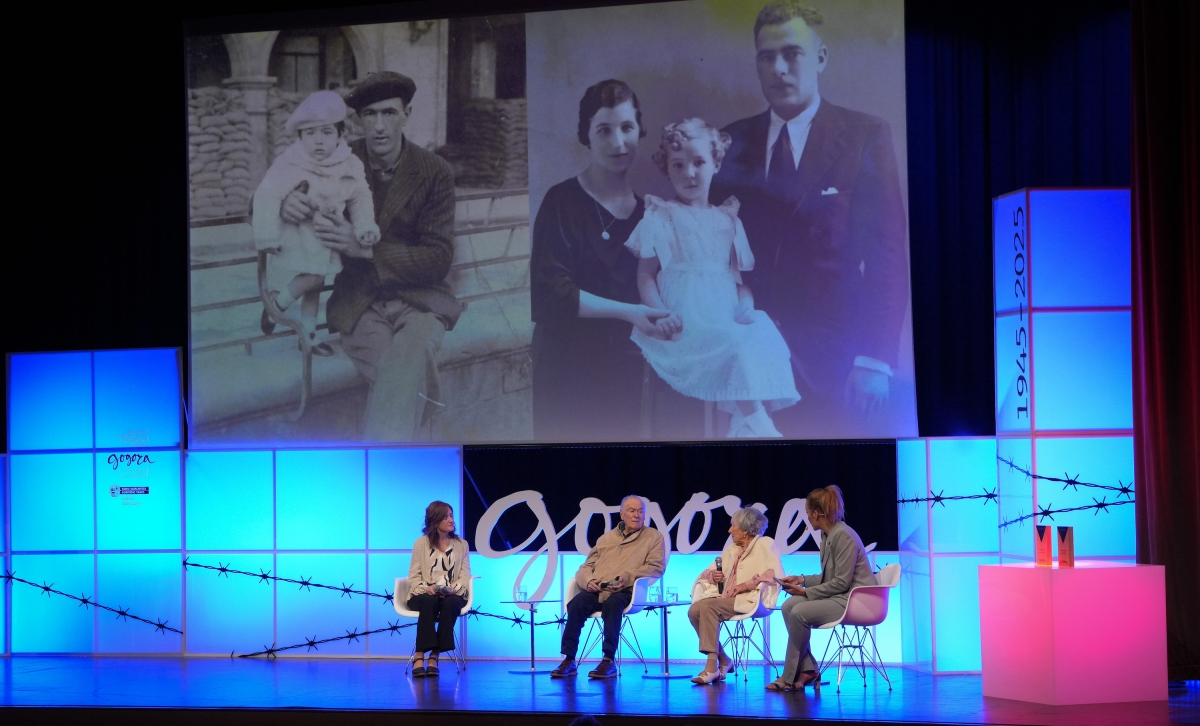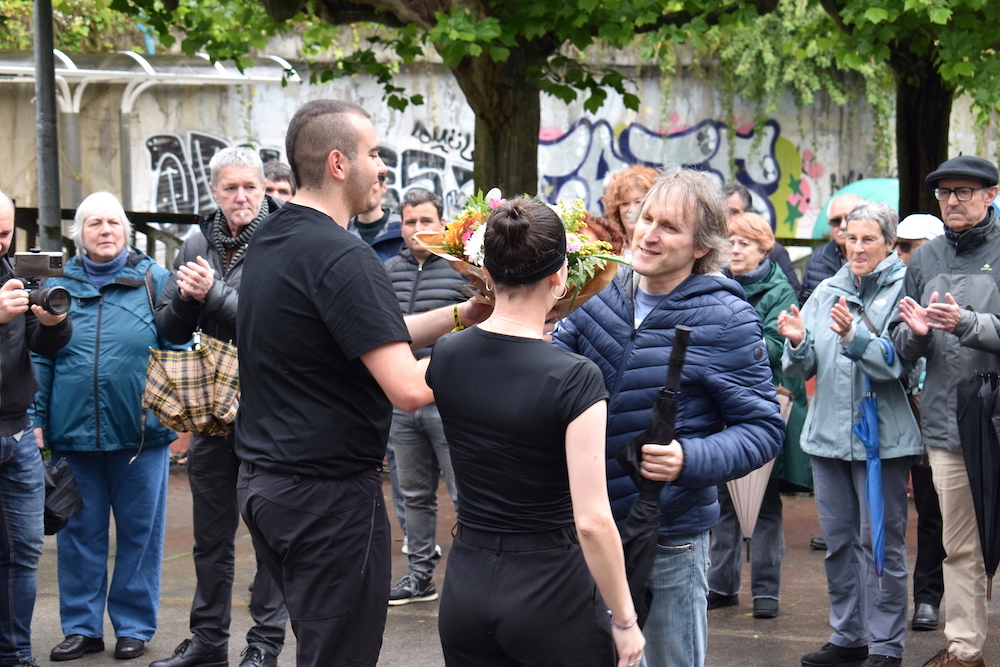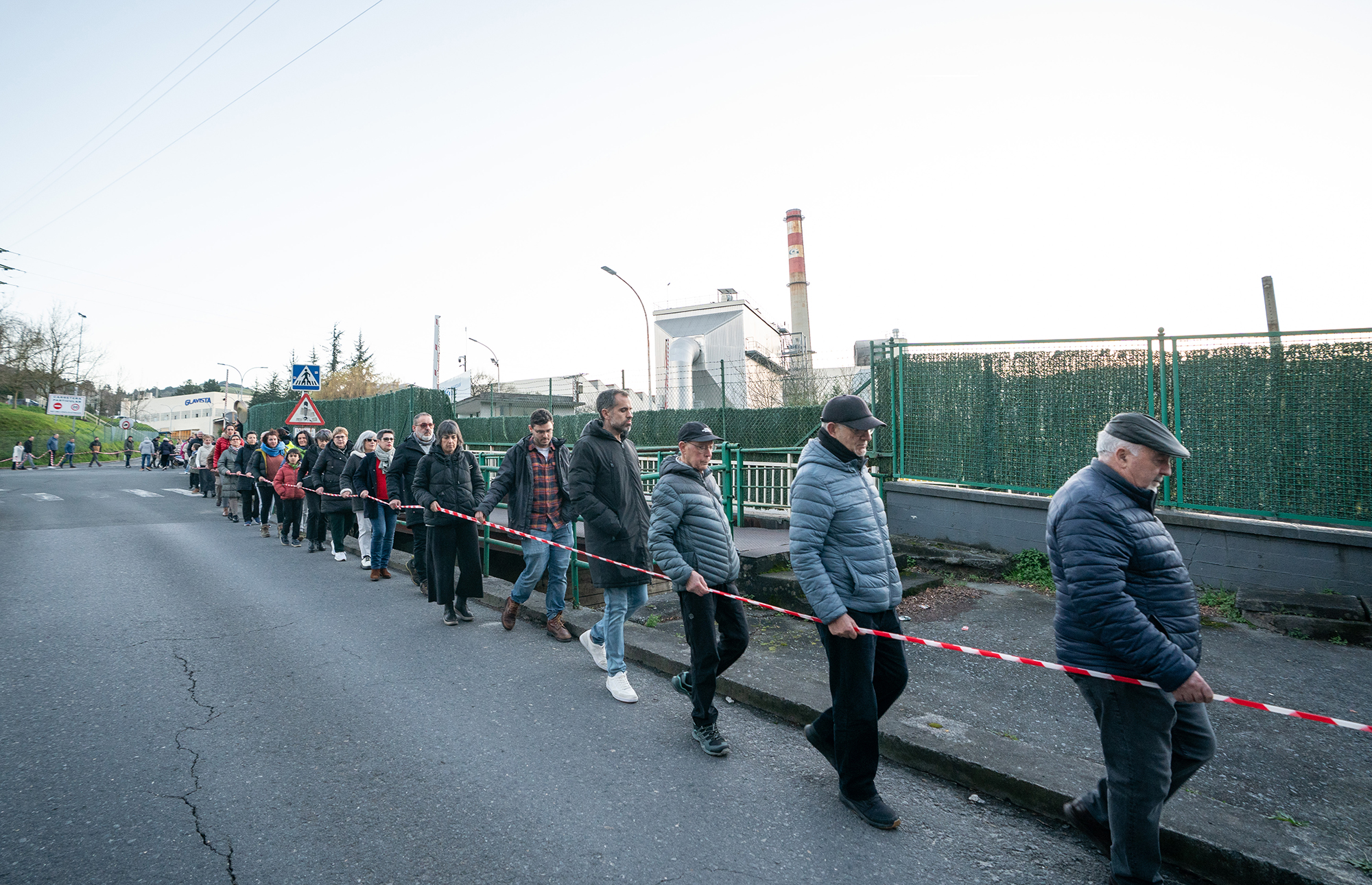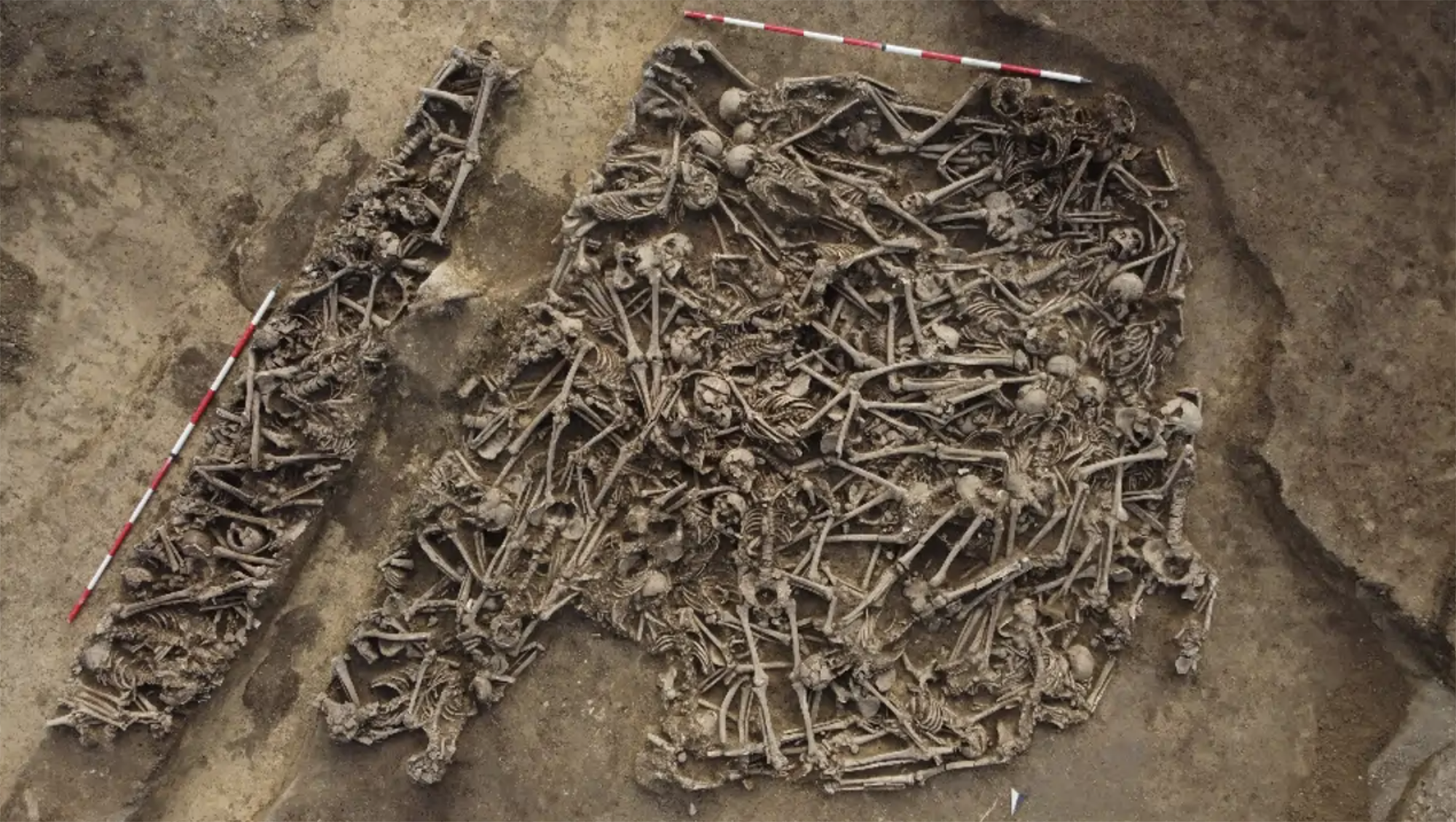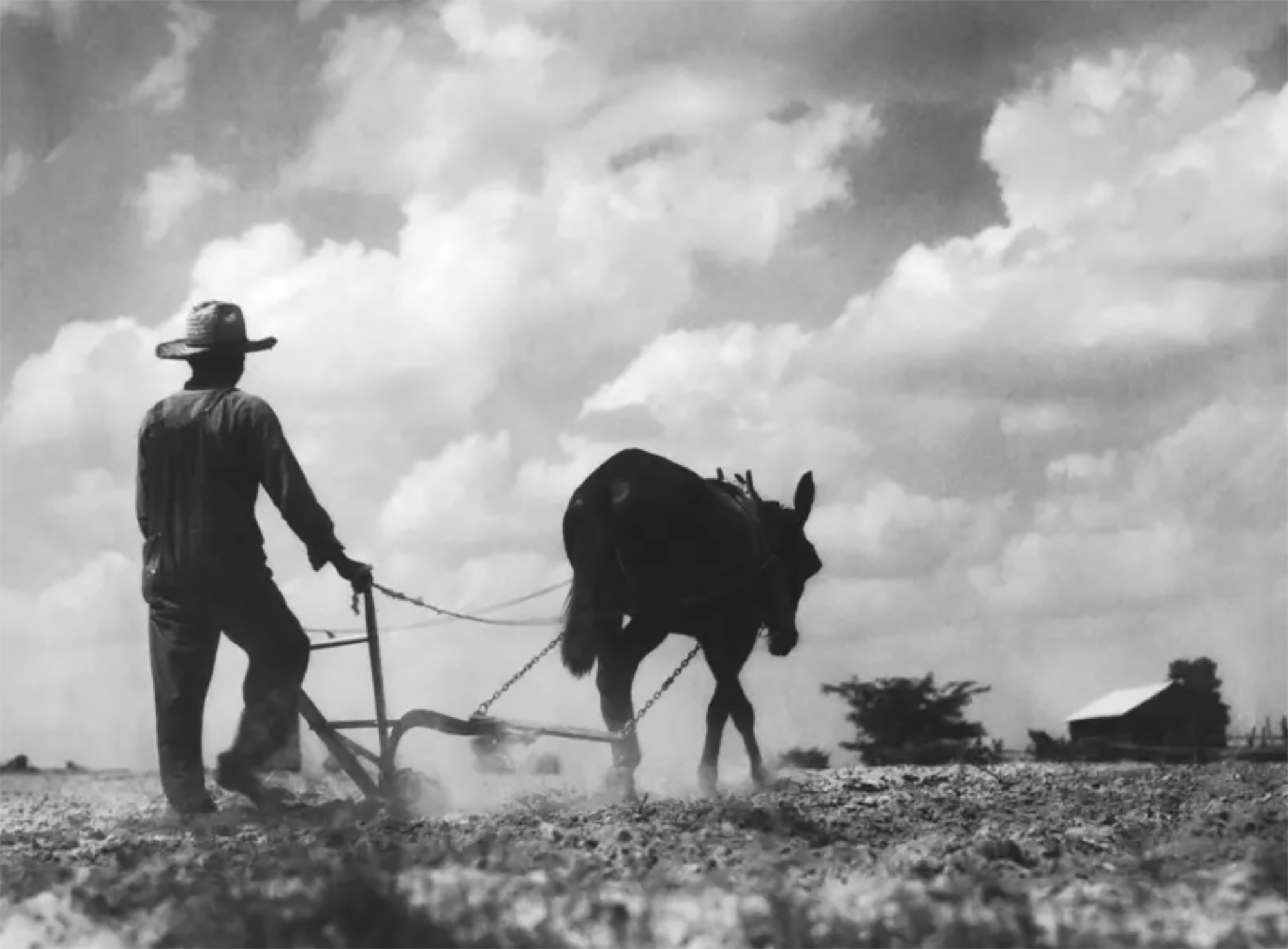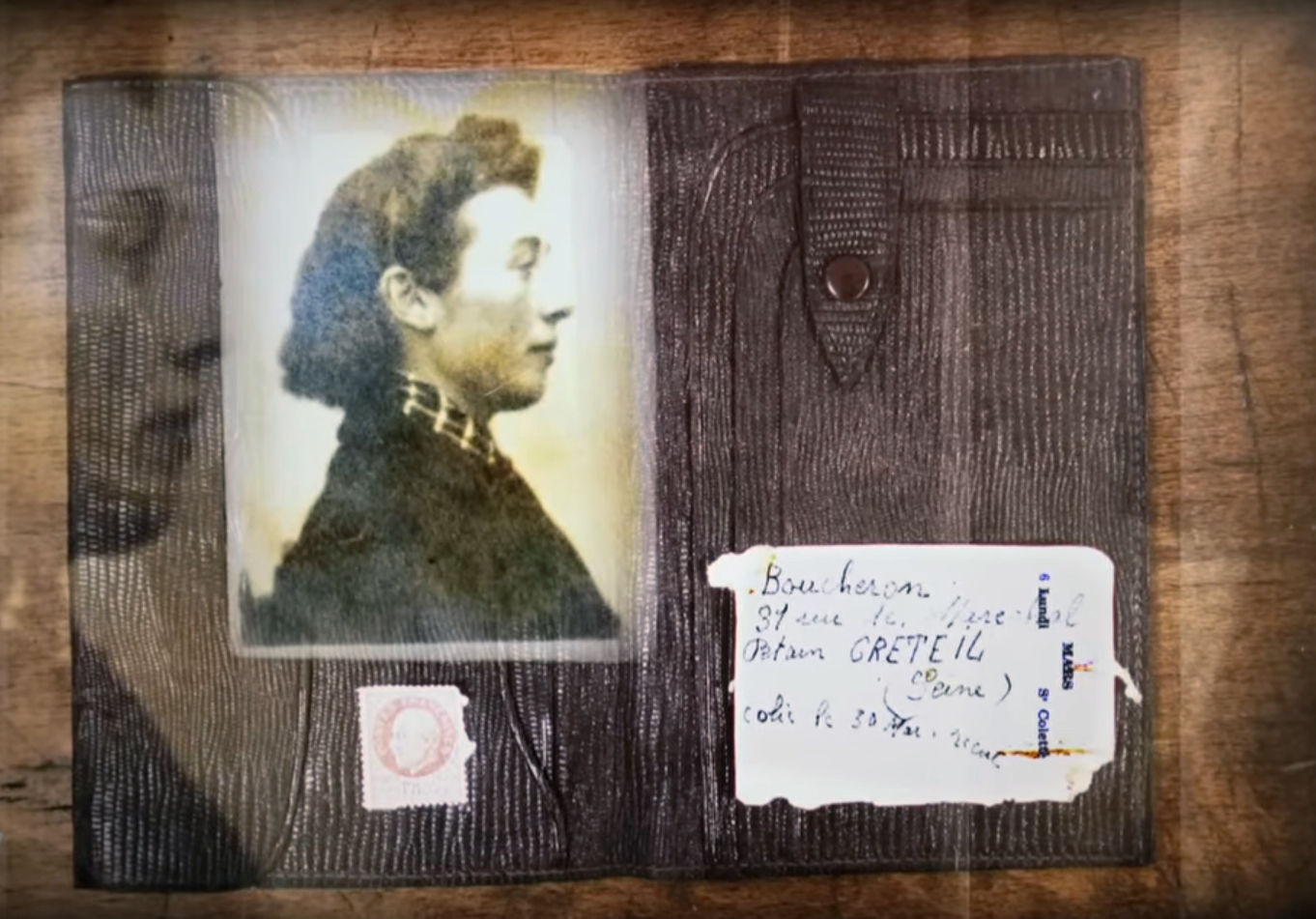Stop the fire to save the books
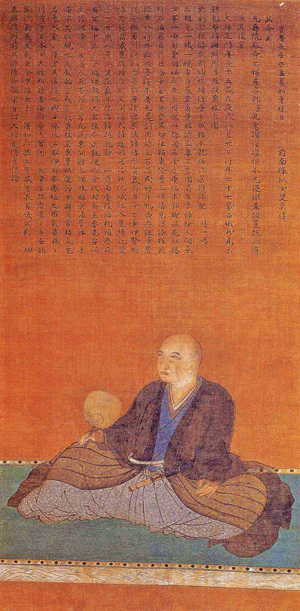
Born June 3, 1534, Hosokawa Fujitaka, who would later use Yusai’s “artistic name”, was born at the height of civil wars, when Japan was weakened in endless internal conflicts. They were good times for the Samurai who were engaged in the struggle and took advantage of the Hosokawa warrior dotes, first the last shogunes of the Ashikaga dynasty and, later, the Daimyo Oda Nobunaga conqueror and his successor Toyotomi Hideyoshi. In addition, in the tea ceremony there was master, expert calligrapher, historian, poet, painter, philosopher, art collector...
At the end of the sixteenth century, the old Yusai retired to his lands in the province of Tango. But peace lasted little; in 1600 war resumed. After the death of Toyotomi Hideyoshi, Japan’s principal ruler, the new united empire was divided into two: Those of Toyotomi, on the one hand, those of the east; those of the west, by the mighty Tokugawa Ieyasu, on the other, including the Hosokawa family. All the great clans had to choose between them.
Tokugawa won the last battle in Sekigahara. But before that, 15,000 Toyotomi soldiers entered Tano and besieged the castle of Tanabe, where Yusai lived. The Samurai veteran, who was 66, had only 500 troops to defend the fortress, the BBC said.
With such a domain, the taking of the castle seemed an easy task for the Westerners. But in the Empire there was a lot of admiration and respect for Yusai and his enemies. And they didn’t make much effort to dominate the wise samurai, “forgetting” the load of guns, they just threw a lifeline on the walls without projectiles. However, the honor and the lands of Yusai were not the only ones in danger; Hosokawa possessed a collection of art and libraries of enormous value.
He asked the emperor to save him the writings and works of art and Go-Yōzei (1586-1611) agreed to the suit of the warrior poet. Thus, both sides agreed on a ceasefire for the evacuation of literature and the treasure of art.
But Emperor No. 107 placed a condition: along with the books, Yusai himself had to be saved, because his life was as valuable as the collection. He agreed and gave him the express order to leave the castle. Hosokawa Fujitaka surrendered on 19 October 1600. The last decade of his life took place in Kyoto, abandoning the issues of war and working in various artistic fields.
The irreverent order of the emperor had prevented the Samurai honor from Hosokawa Fujita. But he was able to save his library and, in addition, during the months that the siege lasted, holding 15,000 enemies at the castle door, made it easier for the eastern side to win the war.
In the Chinese province of Shanxi, in a tomb of the Tang dynasty, paintings depicting scenes from the daily lives of the dead are found. In one of these scenes a blonde man appears. Looking at the color of the hair and the facial expression, archaeologists who have studied the... [+]
Carthage, from B.C. Around the 814. The Phoenicians founded a colony and the dominant civilization in the eastern Mediterranean spread to the west. Two and a half centuries later, with the decline of the Phoenician metropolis of Tyre, Carthage became independent and its... [+]
Salvador Puig Antich frankismoaren kontrako militantea izan zen. Askapen Mugimendu Iberikoko kidea, 1973ko irailaren 25ean atxilotu zuten. Gerra-kontseilua egin zioten, eta garrotez exekutatu zuten handik sei hilabetera, 1974ko martxoaren 2an. Aurtengo otsailean baliogabetu du... [+]
Rudolf Botha hizkuntzalari hegoafrikarrak hipotesi bat bota berri du Homo erectus-i buruz: espezieak ahozko komunikazio moduren bat garatu zuen duela milioi bat urte baino gehiago. Homo sapiens-a da, dakigunez, hitz egiteko gai den espezie bakarra eta, beraz, hortik... [+]
Böblingen, Holy Roman Empire, 12 May 1525. Georg Truchsess von Waldburg overthrew the Württemberg insurgent peasants. Three days later, on 15 May, Philip of Hesse and the Duke of Saxony joined forces to crush the Thuringian rebels in Frankenhausen, killing some 5,000 peasants... [+]
During the renovation of a sports field in the Simmering district of Vienna, a mass grave with 150 bodies was discovered in October 2024. They conclude that they were Roman legionnaires and A.D. They died around 100 years ago. Or rather, they were killed.
The bodies were buried... [+]
Washington, D.C., June 17, 1930. The U.S. Congress passed the Tariff Act. It is also known as the Smoot-Hawley Act because it was promoted by Senator Reed Smoot and Representative Willis Hawley.
The law raised import tax limits for about 900 products by 40% to 60% in order to... [+]









